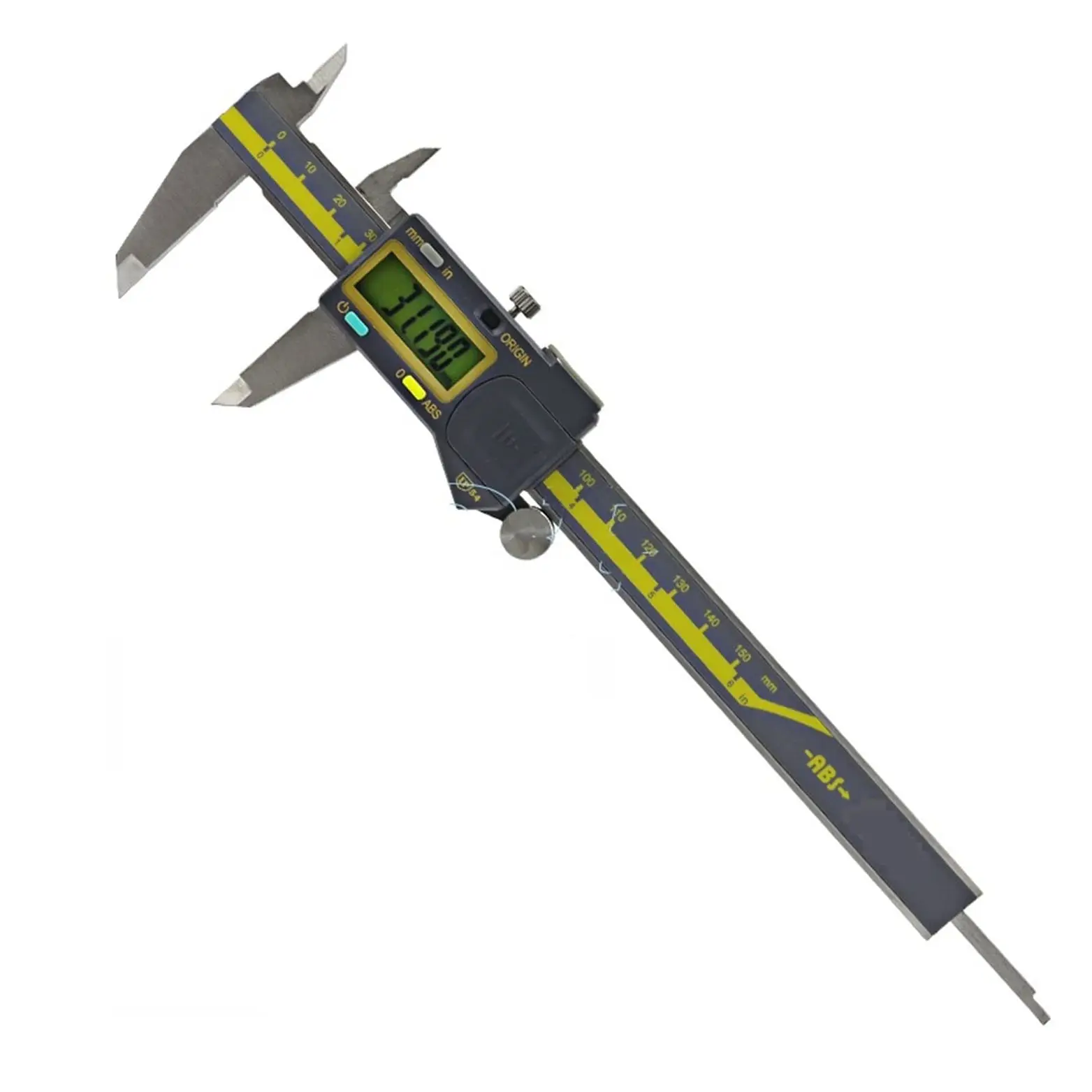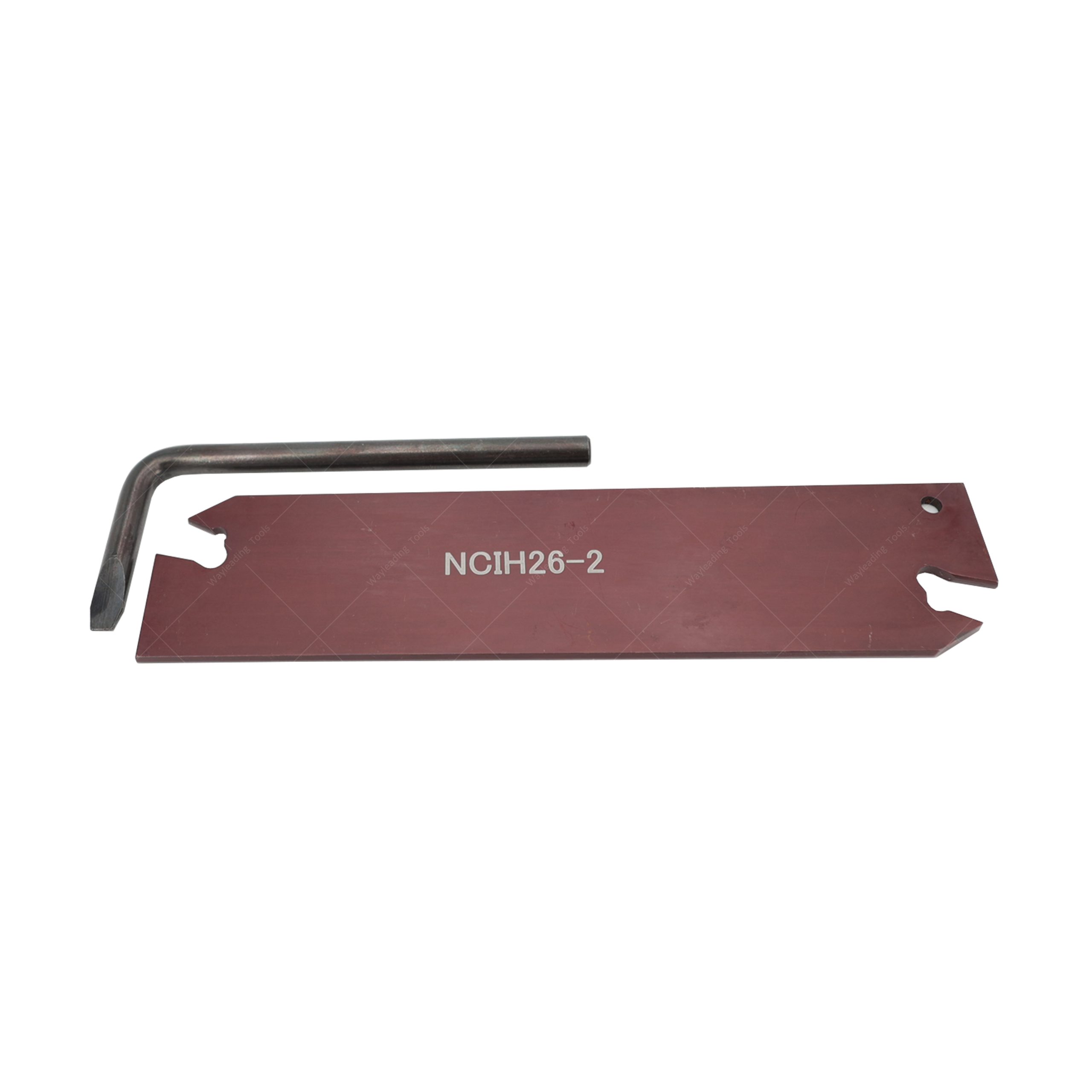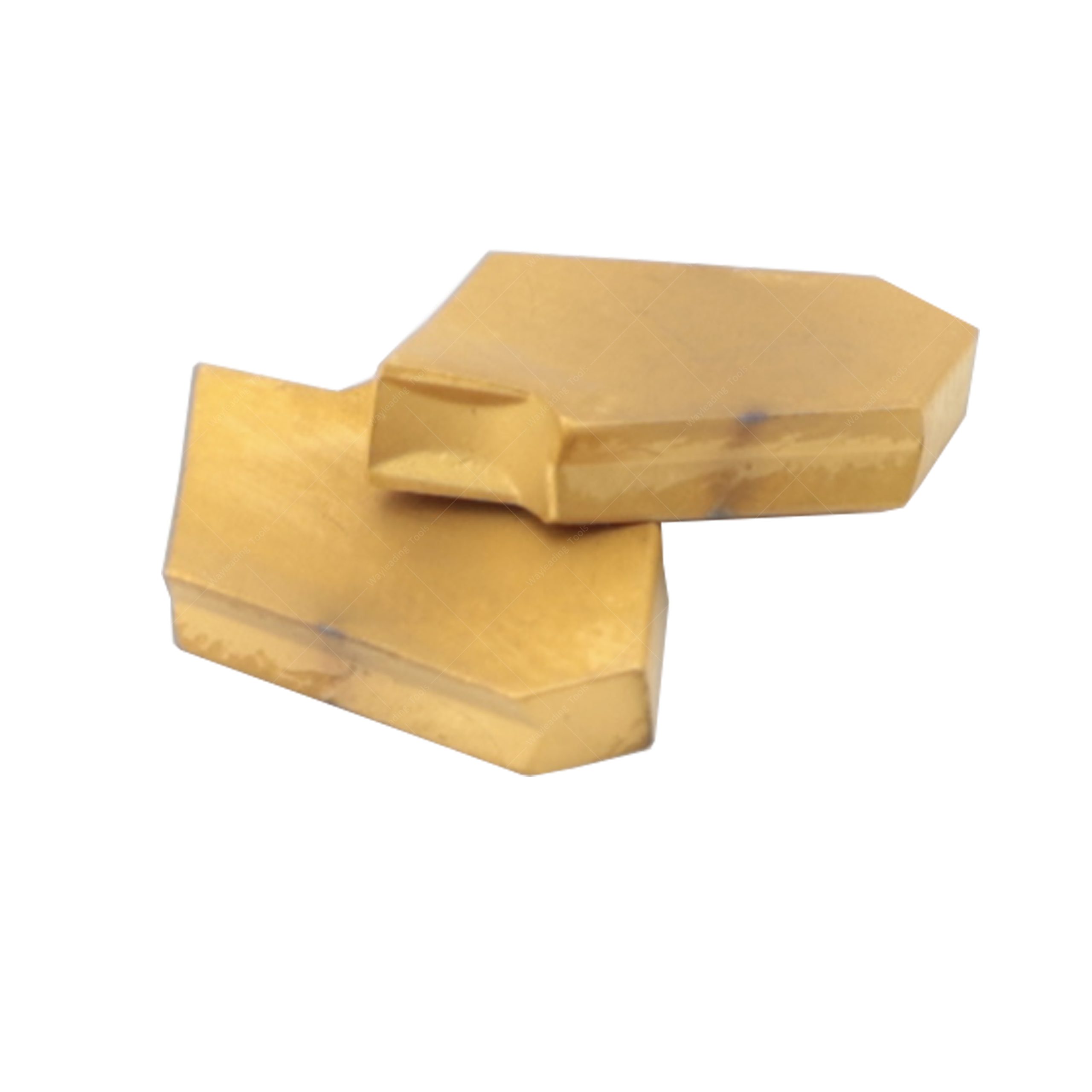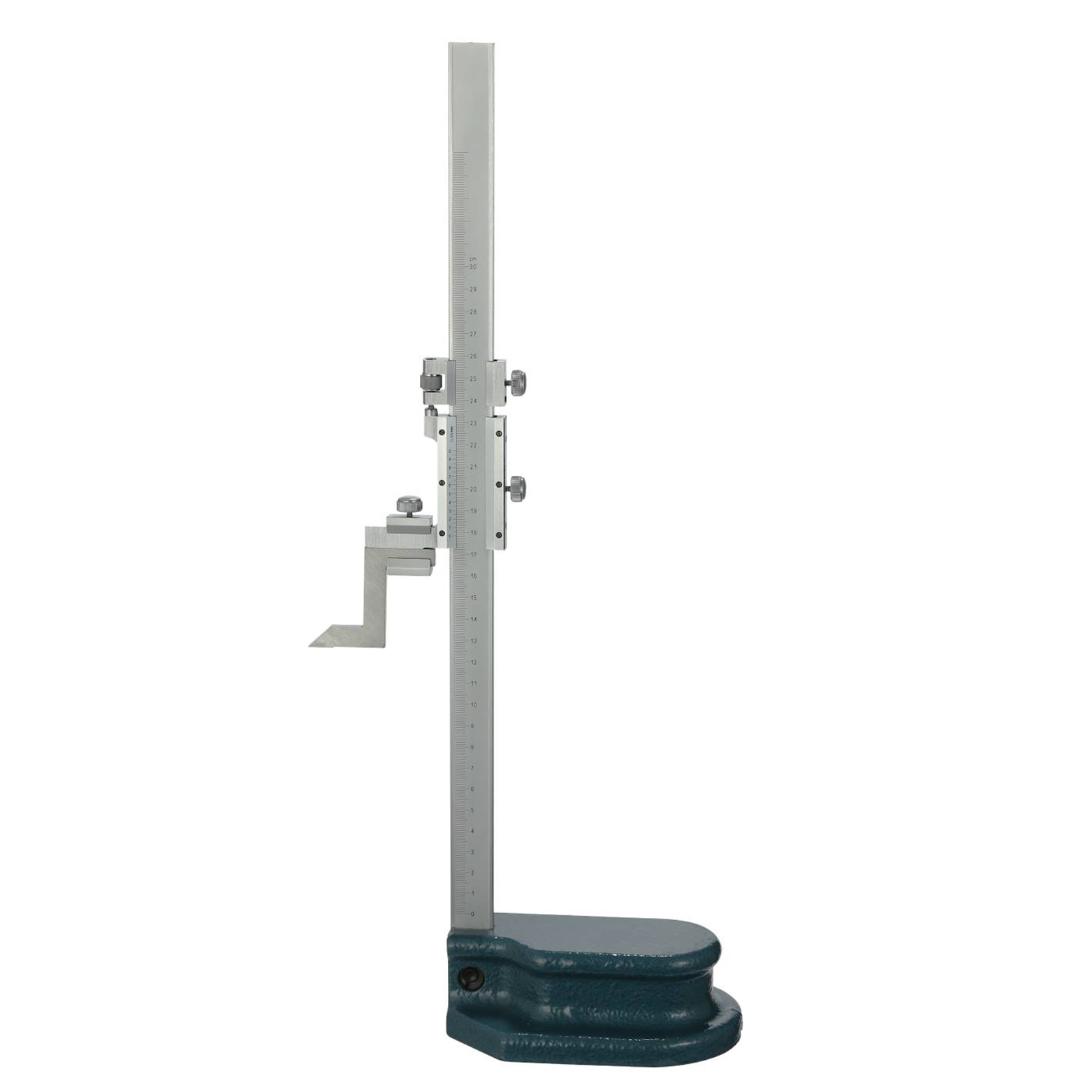intermediate taps Supplier
Finding a reliable intermediate taps supplier can be challenging. This article guides you through the process, covering factors to consider, types of taps available, and how to choose the best supplier for your specific requirements, ensuring quality and efficiency in your tapping operations.
Understanding Intermediate Taps and Their Applications
Intermediate taps, also known as plug taps, are a type of threading tool used to create internal threads in a workpiece. They follow the taper tap and are used before the bottoming tap to complete the threading process. They feature a moderate taper, typically 3-5 threads chamfered, which allows for easier starting and alignment in the pre-drilled hole. Understanding the different types and their applications is crucial for selecting the right tap for the job.
Types of Intermediate Taps
There are various types of intermediate taps available, each designed for specific materials and applications. Here are some common types:
- Hand Taps: Designed for manual use with a tap wrench. Suitable for low-volume threading and repair work.
- Machine Taps: Intended for use in drilling machines, lathes, or CNC machines. Offer faster threading and higher accuracy.
- Spiral Point Taps (Gun Taps): Feature a spiral point that pushes chips ahead of the tap, making them ideal for through-hole threading.
- Spiral Flute Taps: Have spiral flutes that pull chips back out of the hole, making them suitable for blind-hole threading.
- Forming Taps (Roll Taps): These taps form threads by displacing material rather than cutting it. They are suitable for ductile materials like aluminum and copper, and produce strong, chip-free threads.
Materials and Coatings for Intermediate Taps
The material and coating of an intermediate tap significantly impact its performance and lifespan. Common materials include:
- High-Speed Steel (HSS): A versatile material suitable for general-purpose threading.
- Cobalt HSS (HSS-E): Offers higher heat resistance and wear resistance, making it suitable for threading harder materials like stainless steel.
- Carbide: Provides excellent hardness and wear resistance, ideal for high-volume production and abrasive materials.
Common coatings include:
- Titanium Nitride (TiN): Increases surface hardness and reduces friction.
- Titanium Carbonitride (TiCN): Offers higher hardness and wear resistance than TiN.
- Titanium Aluminum Nitride (TiAlN): Provides excellent heat resistance and is ideal for high-speed machining.
- Black Oxide: Offers mild corrosion resistance and reduces friction.
Factors to Consider When Choosing an Intermediate Taps Supplier
Selecting the right intermediate taps supplier is crucial for ensuring the quality, reliability, and cost-effectiveness of your threading operations. Consider the following factors:
Product Quality and Consistency
The quality of the taps directly impacts the quality of the threads produced. Look for a supplier that offers taps manufactured to industry standards and with consistent dimensional accuracy. Request certifications or quality control reports to verify the supplier's quality assurance processes.
Product Range and Availability
A good supplier should offer a wide range of intermediate taps in various sizes, materials, and coatings to meet your diverse threading needs. Ensure the supplier has sufficient stock and can fulfill your orders promptly.
Pricing and Payment Terms
Compare prices from different suppliers to find the best value for your money. However, don't solely focus on the lowest price; consider the quality, reliability, and customer service offered by the supplier. Negotiate payment terms that are favorable to your business.
Technical Support and Expertise
Choose a supplier that provides technical support and expertise to help you select the right taps for your application and troubleshoot any issues that may arise. A knowledgeable supplier can offer valuable advice on cutting speeds, feeds, and lubrication.
Delivery and Logistics
Ensure the supplier has a reliable delivery and logistics system to ensure your orders are delivered on time and in good condition. Consider the supplier's shipping costs and lead times.
Customer Service and Support
A responsive and helpful customer service team is essential for addressing any questions or concerns you may have. Choose a supplier that is committed to providing excellent customer service.
Finding a Reliable Intermediate Taps Supplier: Wayleading Tools
Finding a reliable intermediate taps supplier can be a game-changer for your manufacturing processes. Wayleading Tools is a company that specializes in providing high-quality cutting tools, including a comprehensive range of intermediate taps. With over 10 years of experience, Wayleading Tools has established itself as a trusted source for precision tools.
Wayleading Tools: Product Offering
Wayleading Tools offers a wide variety of intermediate taps, including hand taps, machine taps, spiral point taps, spiral flute taps, and forming taps. Their taps are available in various materials, such as HSS, HSS-E, and carbide, and with various coatings, such as TiN, TiCN, and TiAlN.
Example: The Wayleading Tools HSS-E intermediate taps with TiAlN coating are specifically designed for threading stainless steel and other difficult-to-machine materials. The TiAlN coating provides excellent heat resistance and wear resistance, extending the life of the tap and improving the quality of the threads.
Wayleading Tools: Advantages
- High-Quality Products: Wayleading Tools is committed to providing high-quality taps manufactured to industry standards.
- Wide Product Range: Offers a diverse range of intermediate taps to meet various threading needs.
- Competitive Pricing: Provides competitive pricing without compromising on quality.
- Technical Support: Offers technical support and expertise to help customers select the right taps for their applications.
- Reliable Delivery: Ensures prompt and reliable delivery of orders.
- Excellent Customer Service: Committed to providing excellent customer service and support.
Tips for Using Intermediate Taps Effectively
Proper use of intermediate taps is crucial for achieving accurate and high-quality threads. Here are some tips to follow:
Preparation
Ensure the workpiece is properly secured and the hole is drilled to the correct size according to the tap drill chart.
Lubrication
Use appropriate cutting fluid or lubricant to reduce friction and heat, extending the life of the tap and improving the quality of the threads. Select the lubricant based on the material being tapped.
Alignment
Ensure the tap is properly aligned with the hole to prevent cross-threading or damage to the tap. Use a tap wrench or tapping attachment to maintain alignment.
Cutting Speed
Use the correct cutting speed for the material being tapped. Refer to the manufacturer's recommendations or industry standards for appropriate cutting speeds. Slower speeds are generally recommended for harder materials.
Chip Removal
Clear chips frequently to prevent clogging and damage to the tap and workpiece. Use a brush or air blast to remove chips from the hole.
Tap Wrench Technique
When using hand taps, apply even pressure and rotate the tap wrench smoothly. Avoid forcing the tap, as this can lead to breakage.
Troubleshooting Common Tapping Problems
Despite best practices, tapping problems can still occur. Here are some common problems and their solutions:
Tap Breakage
- Cause: Excessive cutting speed, insufficient lubrication, misalignment, or tapping too hard materials.
- Solution: Reduce cutting speed, use appropriate lubrication, ensure proper alignment, and select the correct tap for the material.
Cross-Threading
- Cause: Misalignment of the tap with the hole.
- Solution: Ensure the tap is properly aligned with the hole before starting to thread. Use a tapping attachment to maintain alignment.
Oversized Threads
- Cause: Using a tap with an incorrect size or worn cutting edges.
- Solution: Use a tap with the correct size and ensure the cutting edges are sharp. Replace worn taps.
Tapping Hard Materials
- Cause: Using an inappropriate tap or insufficient lubrication.
- Solution: Use a tap designed for hard materials (e.g., cobalt HSS or carbide taps) and use appropriate lubrication.
Conclusion
Choosing the right intermediate taps supplier and using the taps effectively are crucial for achieving accurate and high-quality threads. Consider the factors discussed in this article, such as product quality, range, pricing, and technical support, when selecting a supplier. By following the tips and troubleshooting advice provided, you can optimize your tapping operations and ensure the success of your projects. Consider reputable suppliers like Wayleading Tools, which provide comprehensive solutions and support for all your threading needs.
Related products
Related products
Best selling products
Best selling products-
 Indexable Spade Drill Holder With Helical Flute Holder And Taper Shank
Indexable Spade Drill Holder With Helical Flute Holder And Taper Shank -
 Precision Vernier Caliper With Nib Style Jaws Of Metric & Imperial For Industrial
Precision Vernier Caliper With Nib Style Jaws Of Metric & Imperial For Industrial -
 Carbide Tipped Hole Cutter For Cutting Stainless Steel And Iron Or Steel Plate
Carbide Tipped Hole Cutter For Cutting Stainless Steel And Iron Or Steel Plate -
 HSS Involute Spline Cutter With PA30
HSS Involute Spline Cutter With PA30 -
 Precision IP54 Digital Caliper With Data Output For Industrial
Precision IP54 Digital Caliper With Data Output For Industrial -
 Precision Digital Caliper Of With Metric & Inch Size For Industrial
Precision Digital Caliper Of With Metric & Inch Size For Industrial -
 Precision 10pcs & 12pcs Angle Blocks Set With High Quality Type
Precision 10pcs & 12pcs Angle Blocks Set With High Quality Type -
 Adjustable Tap And Reamer Wrench For Thread Cutting Tools
Adjustable Tap And Reamer Wrench For Thread Cutting Tools -
 Digital Depth Gauge With Stainless Steel For Industrial Type
Digital Depth Gauge With Stainless Steel For Industrial Type -
 Type M Cone Tungsten Carbide Rotary Burr
Type M Cone Tungsten Carbide Rotary Burr -
 Parting & Grooving Tool Blades For GTN Blades
Parting & Grooving Tool Blades For GTN Blades -
 GTN Parting & Grooving Insert For NCIH Blade
GTN Parting & Grooving Insert For NCIH Blade










